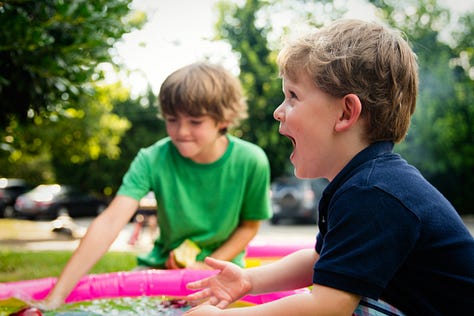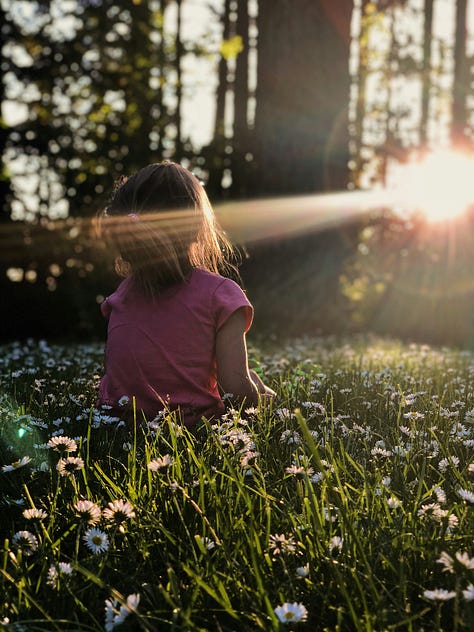In today’s fast-paced world, children are growing up with opportunities and challenges that are vastly different from those of previous generations. While technology, modern education, and extracurricular activities enrich their lives, they can also leave children feeling overwhelmed. Yoga offers a fun, non-competitive way to help children balance their physical, emotional, and mental well-being, equipping them with tools to thrive now and in the future.
The modern childhood experience
Children today are often glued to screens, whether for learning, entertainment, or connecting with friends. While technology opens doors, too much screen time can reduce physical activity, affect posture, and limit time spent outdoors. Yoga is a fantastic way to counterbalance this by encouraging movement, improving flexibility, and reconnecting children with their bodies.
Additionally, many children face increasing academic pressure. Between schoolwork, extracurriculars, and social media, it’s easy for kids to feel stressed. Yoga provides a moment to pause, breathe, and reset—a skill that’s invaluable in handling life’s challenges.
At the same time, children are still learning to understand their emotions. Yoga creates a safe, non-judgmental space where kids can explore feelings, build emotional awareness, and develop tools to calm their minds.
What makes Yoga so special?
Yoga is often misunderstood as being tied to religion, but it’s actually a practice rooted in mindfulness, balance, and connection. For children, yoga is playful and creative—full of poses inspired by animals, nature, and storytelling. It’s not about competition or doing it “perfectly.” Instead, it honors each child’s unique way of learning and growing.
The many benefits of Yoga for children
The benefits of yoga for children are wide-ranging and impactful. Physically, it helps improve posture, flexibility, and coordination, building a strong foundation for lifelong health. Kids also develop better motor skills and greater body awareness, learning how movement affects their overall well-being.
Emotionally, yoga empowers children to explore their feelings in a positive way. Breathing exercises, for example, help them manage stress and anxiety, while mindfulness practices teach focus and self-regulation.
Perhaps most importantly, yoga fosters self-esteem and confidence. It celebrates individuality, teaching children to accept and respect themselves and others. These lessons lay the groundwork for resilience and kindness as they navigate the world.



Yoga as a family experience
Yoga can also be a wonderful activity for families to enjoy together. Family yoga sessions build bonds, create joyful memories, and provide a space for parents and children to connect. Whether it’s laughing at a silly pose or discovering a child’s imagination during practice, yoga brings families closer while promoting health and happiness for everyone involved.
A lifelong gift
Introducing yoga to children is like planting seeds of well-being that will grow throughout their lives. With its blend of physical activity, emotional awareness, and creative exploration, yoga equips kids with skills to stay balanced and confident. Whether practiced alone or as a family, yoga is a beautiful gift that nurtures the body, mind, and spirit.




